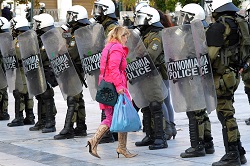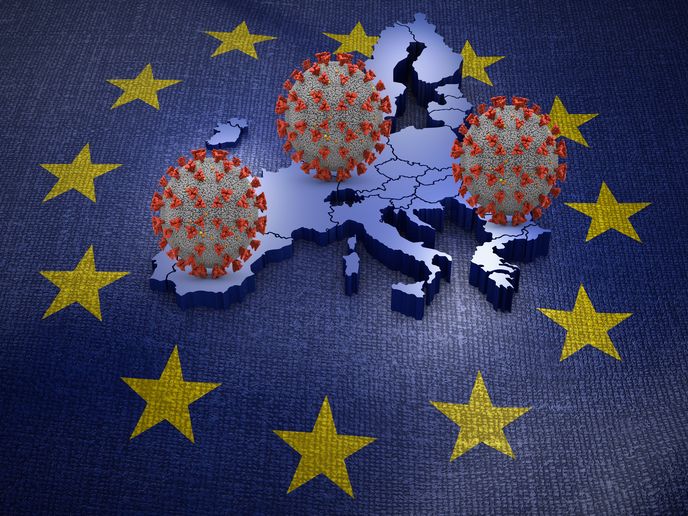Lessons for an economic crisis of the past
Europe’s recent economic crisis is reminiscent of the crisis during the interwar period, leading academics to ponder the similarities and differences of both. The EU-funded project ITEPE (Institutional transformation in European political economy – A socio-legal approach) studied the similarities from a new perspective. ‘Such crises aren’t primarily caused by economic developments but by short-circuiting the legal infrastructure that structures social exchanges in society, particularly between economy and politics,’ says Professor Poul F. Kjaer from ITEPE. ‘The economic and social ramifications are more effects than causes of deep-seated societal crises that emerge from the slow erosion of the legal system,’ he explains. From corporatism to governance During the interwar period, corporatism – like today’s governance – had organised social relations between economy and politics. Cartels controlled politico-economic sectors from coal and steel to automobiles and textiles. In addition, law was considered an obstacle preventing the unfolding of societal energies. ‘Weimar Germany saw the erosion of the law leading to a crisis, with similar developments throughout Europe,’ illustrates Prof. Kjaer. After WWII, neo-corporatism began representing highly centralised state-tied legal frameworks that separated economy from politics and structured political processes. This provided a very stable framework for post-WWII Europe. ITEPE found however that the turn to neo-corporatism wasn’t so much due to national compromises between political parties but was imposed through transnational arrangements, allied occupation regimes, the Marshall Plan, and the European Coal and Steel Community. ‘Both the German post-WWII “social market economy” and “golden age Keynesian welfare state” were to a large extent a transnational construct,’ says Prof. Kjaer. Post-WWII arrangements began faltering after the 1970s as mass education, new technologies and globalisation emerged. Self-regulation and deregulation became preferable to government regulation, just as governance today distinguishes between public and private spheres through outsourcing and public/private partnerships. Moreover, while corporatism focused on society as political community, governance emphasises society as an economic community, thereby limiting the role of public institutions and institutionalised politics. Governance also sees legal instruments as obstacles that produce red tape, preventing societal energies from unfolding. This has been linked to the shift away from lawyers who dominate state activities to economists, ultimately contributing to the 2007 financial crisis. For example, Greece’s political economy based on closed professions – more like interwar corporatism – became infused with contemporary governance ideas, creating a very explosive cocktail. In contrast, Germany – a state run by lawyers rather than economists – was only superficially affected by the turn to governance. Future economy based on post-governance These examples are crucial for debates on globalisation and transnational integration such as through the EU, especially since academics, politicians and the media often portray integration as a threat to the welfare state and labour markets. ‘ITEPE debunks the myth about the exclusively national origin of the post-WWII welfare state,’ clarifies Prof. Kjaer. As an ideology and social praxis, contemporary governance turns interwar corporatism upside down by focusing on the economy rather than politics, but still produces similar effects because both seek to break down the legally mediated distinction between politics and economy. ‘We must move away from the very notion of governance and the world view it represents,’ concludes Prof. Kjaer. ‘We need to enter into a post-governance world developing a new philosophy of state/society relations which brings the virtues and status of law and legal formalism back in.’
Keywords
ITEPE, governance, corporatism, politics, interwar, economic crisis, neo-corporatism







